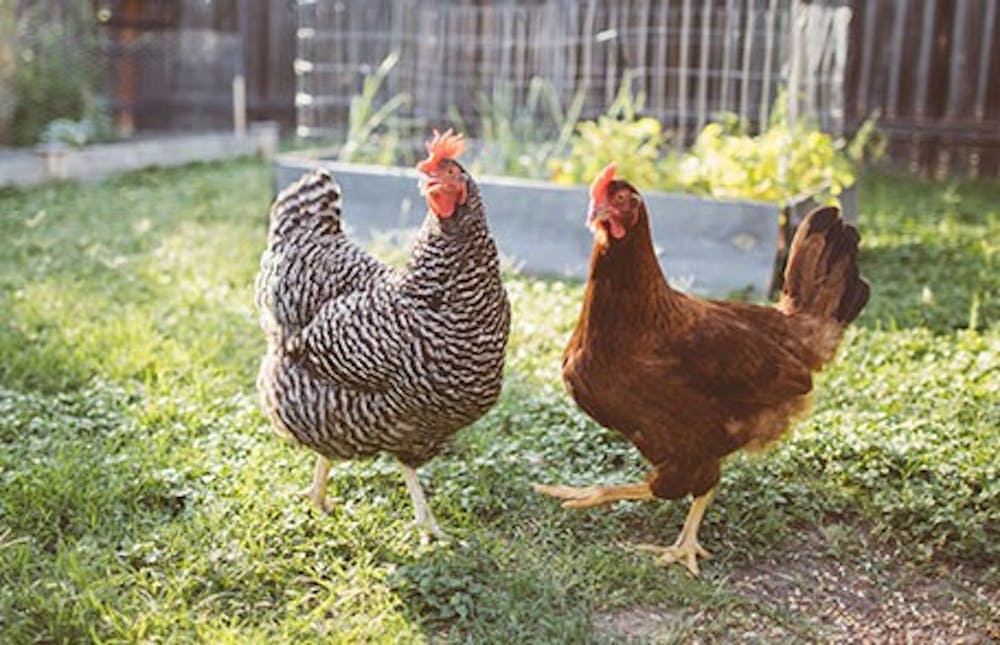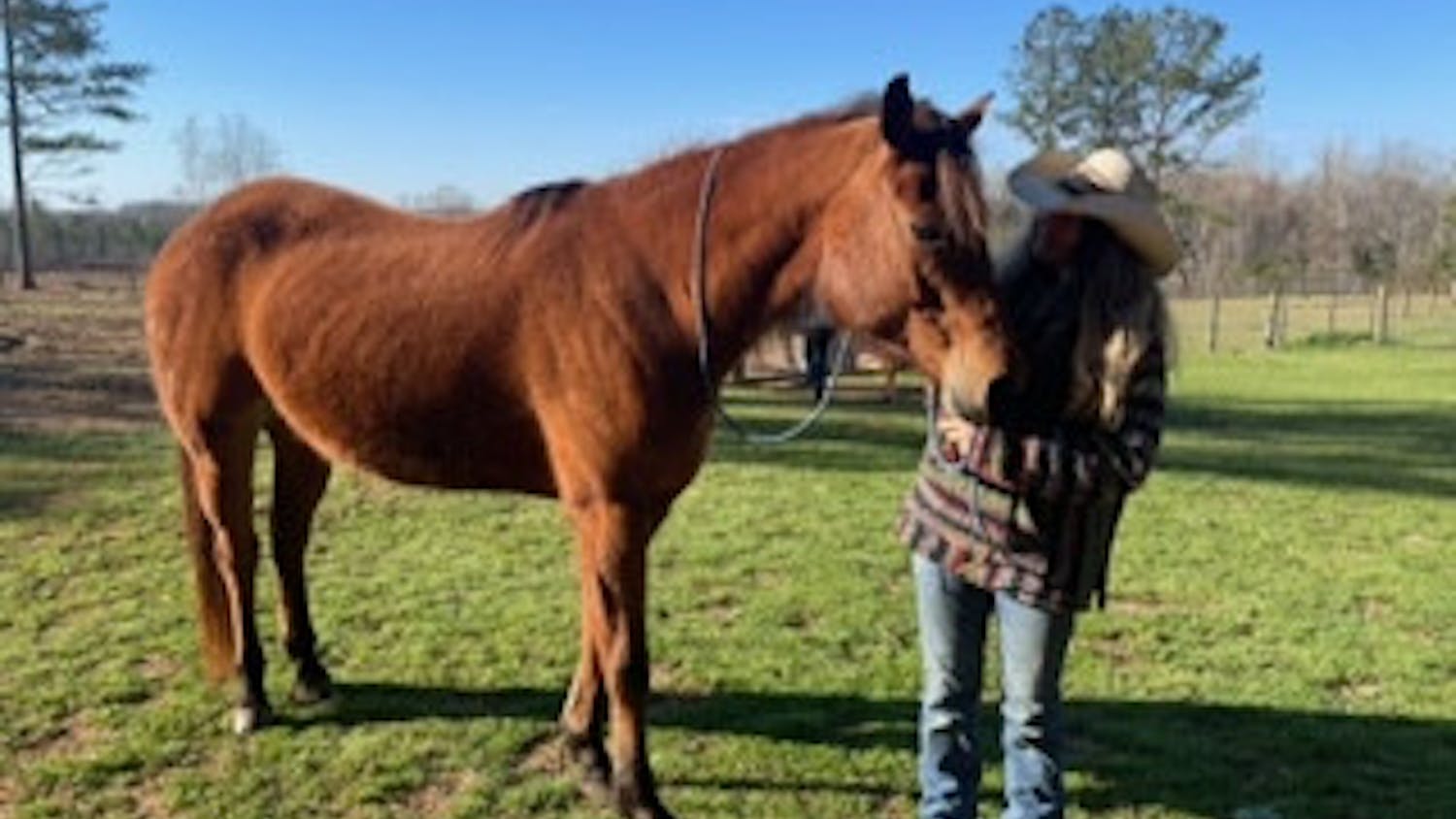MONTGOMERY, Ala. (EETV)- This month marks the beginning of spring and Easter is just around the corner. Families across the state are preparing to celebrate the anticipated holiday with fun festivities, egg hunts and more – including gifting adorable chicks and ducklings to small children. While such events create opportunities for fellowship and enjoyment, they also increase the risk of gastrointestinal illnesses, such as salmonellosis and campylobacteriosis says the Alabama Department of Public Health.
Salmonellosis, caused by the bacteria Salmonella, and campylobacteriosis, caused by the bacteria Campylobacter, are often associated with live poultry contact in backyard flocks. Infection may also occur after contact with uncooked poultry products. It is common for chicks and ducklings to carry these bacteria in their droppings and on their bodies, even when they appear to be healthy. Salmonellaand Campylobacter cause gastrointestinal illness, though those at risk of severe illness include children under the age of 5 years, older adults and individuals with weakened immune systems. Symptoms include diarrhea, fever and abdominal cramps and usually last 4-7 days.
In 2017, 10 multistate outbreaks of human Salmonella infections were linked to live poultry in backyard flocks and represented the largest number of illnesses linked to contact with backyard poultry ever recorded. A total of 1,120 cases from 48 states were reported. Of those, 27 percent were children under the age of 5 years, 29 percent were hospitalized, and 1 died.
“These numbers underscore the risks that may not be readily recognized by parents when their child comes into contact with baby chicks and ducklings. The best way to prevent illness is to avoid contact when possible, and wash hands frequently and properly when contact is made,” says Sherri Davidson, Alabama Department of Public Health (ADPH) interim state epidemiologist.
Dr. Tony Frazier, State Veterinarian with the Alabama Department of Agriculture and Industries, adds, “Families may certainly enjoy owning live poultry, baby chicks and ducklings; however, several precautions should be taken. This includes following the guidelines provided by the ADPH when handling live poultry and only purchasing poultry from the U.S. Department of Agriculture National Poultry Improvement Plan (USDA-NPIP) participants. Also, mail order hatcheries, local feed stores and those that sell baby chicks, ducklings and other poultry, should provide health-related information to owners. Local feed stores should provide hand sanitizer near poultry displays and place poultry out of reach of children.”
ADPH encourages people to take the following steps to protect against gastrointestinal illnesses resulting from live poultry contact:
Wash your hands thoroughly with soap and water after touching live poultry or products, or cleaning equipment used for live poultry care.
Do not snuggle or kiss baby chicks, ducklings or other live poultry.
Do not let live poultry live inside the residence or stay where foods are prepared, served or stored.
Do not let children under the age of 5 years handle or touch chicks, ducklings or other live poultry without adult supervision.
Leave shoes and clothes outside after dealing with backyard flocks, especially if in contact with droppings.
Purchase poultry from hatcheries that participate in the USDA-NPIP, a program committed to reducing Salmonella infection in baby poultry while in hatcheries.







